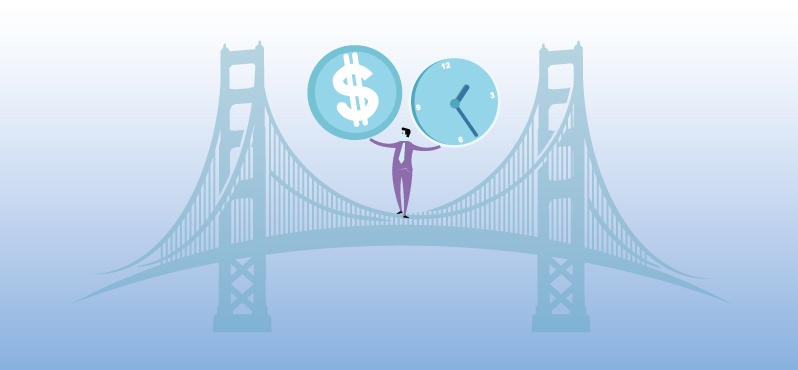
On April 5, the San Francisco Board of Supervisors unanimously approved a law that requires employers to offer six weeks of fully paid leave for new parents. Mayor Ed Lee subsequently signed the legislation on April 21.
San Francisco is now the first in the nation to offer fully paid parental leave. Current California law allows employees to receive 55 percent of their salary for a maximum of six weeks. With this new legislation, San Francisco will require employers with at least 20 employees to make up the rest (45 percent), so that the employee gets 100 percent of their normal wages. It also makes it illegal for an employee to be fired for taking parental leave. Current federal law provides workers up to 12 weeks of unpaid leave for new parents and doesn’t guarantee the right for the employee to get their job back when they return from leave.
In addition, on April 11, Governor Brown signed a bill expanding the state’s parental leave law. This will allow employees making about $20,000 or less annually to be paid 70 percent of their salary while employees who make up to $108,000 annually will be paid 60 percent of their salary while on leave. Both of these rates are an increase from the current 55 percent. The 7 day waiting period for claiming parental leave benefits also has been eliminated. It is important to note that this new law will reduce the amount San Francisco employers will need to supplement in order to reach the 100 percent paid leave required by the new city ordinance. The maximum of six weeks of paid parental leave remains intact. This new legislation will take effect in January 2018.
It is interesting to note that the state of New York recently became the first state in the nation to extend partially paid leave to 12 weeks, while other states like New Jersey currently offer up to 6 weeks off with partial pay and Rhode Island offers up to 4 weeks with partial pay. It has been reported that Massachusetts, Connecticut and Washington, D.C. are also working on passing their own paid parental leave legislation.
Companies like Google, Facebook and Twitter already offer fully paid parental leave for up to 20 weeks while Netflix has an “unlimited” maternity or paternity leave policy for the first year for their salaried employees and 12-16 weeks of paid leave for their hourly employees.
The issue of paid parental leave is gaining momentum across the country as the U.S. is the only major industrialized nation that doesn't require paid parental leave. Past efforts to pass federal paid parental leave legislation have proved unsuccessful.
The main opposition to the San Francisco legislation comes from small business owners who feel that recent city mandates like paid sick leave and health coverage have targeted them unfairly.
It will be interesting to see if more states take on this issue and if it eventually becomes federal law.



